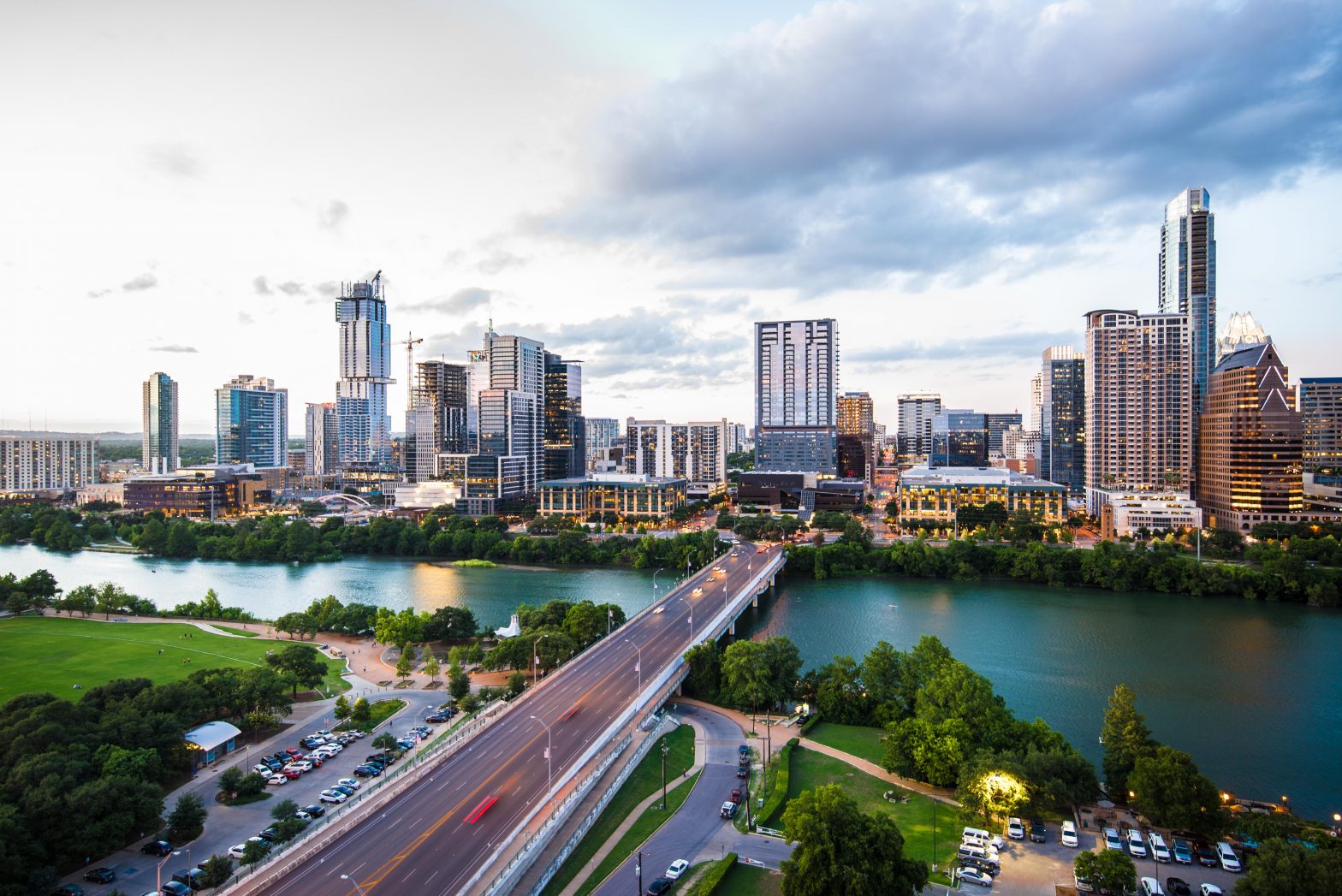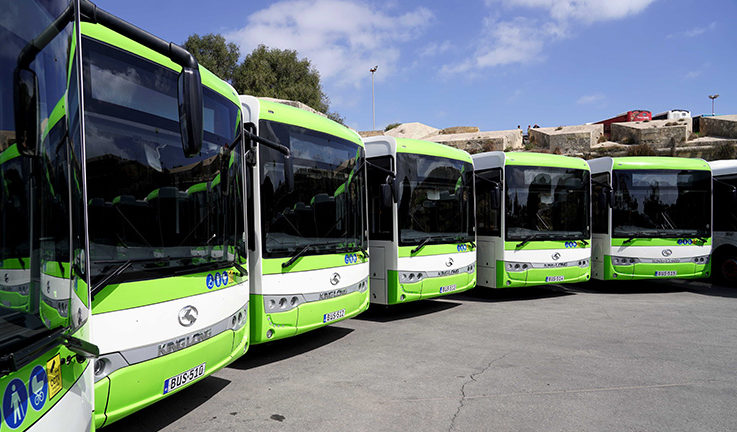
Austin’s US$7.1 billion transit plan gets green light from voters
05 November 2020
by Christopher Carey
Austin residents have voted in favour of the city’s US$7.1 billion Project Connect plan that includes a new rail service, a new and expanded bus service, an all-electric bus fleet, and park and ride facilities.
Voters passed Proposition A on Tuesday, agreeing to use property tax revenue to fund the project, while federal funding will cover approximately 45 percent of the project’s capital costs.
The move is set to transform mobility in Texas’ state capital, after previous attempts to introduce light-rail services in 2000 and 2014 were rejected by voters.
Spencer Cronk, Austin City Manager, said: “With the passage of Proposition A, voters have given the green light to a once-in-a-generation opportunity to revolutionise our transportation infrastructure and provide people in our community with a safe, reliable way to get around.
“Project Connect will be better for our residents’ health, the environment, our safety, and our economic prosperity. Now, in partnership with the community, we are ready to begin the hard work to make this vision a reality.”
The new light-rail system will cover 27 miles and 31 stations, and will travel underground in the city’s downtown area. There will be four new BRT lines introduced to the city’s transit network, too – though one of these may eventually be converted to a light-rail service.
Residents also passed Proposition B, a US$460 million investment in other transport projects including improving sidewalks, bikeways, urban trails, and safety projects within the Austin Strategic Mobility Plan.
Commenting on the vote, Austin Mayor Steve Adler said: “I’m proud to live in a city that is looking to its future – one not satisfied with the status quo. Austin is pushing to be more sustainable, equitable and affordable in new and innovative ways.”
Portland rejects transport plan
Elsewhere in the US, Portland voters rejected a US$4 billion transport plan which would have seen an expansion of the MAX light rail train system in the metropolitan area, and an additional US$1 billion towards regional programmes including the creation of safer routes to schools, free youth transit passes and replacing diesel buses with low-carbon or electric ones.
Portland Metro was also expected to leverage more than US$2 billion in federal or state funding, making the plan worth roughly US$7 billion in total.
Lynn Peterson ,Metro Council President, said: “Though disappointed, we are still committed to the vision and to the community who helped identify and build the vision.”
“We are not giving up on it, we need to move forward as a region. Safe, reliable transportation remains a regional challenge that we must address together — doing nothing is not an option.”











